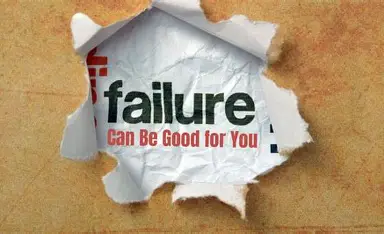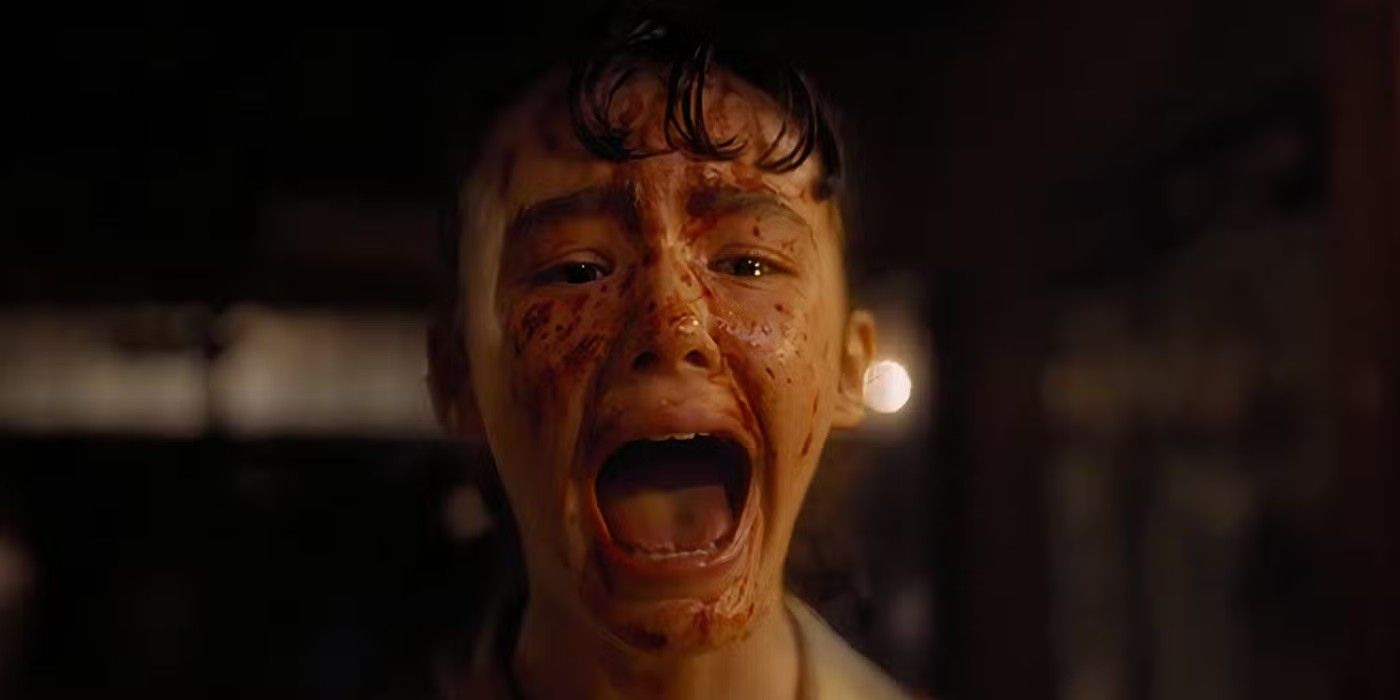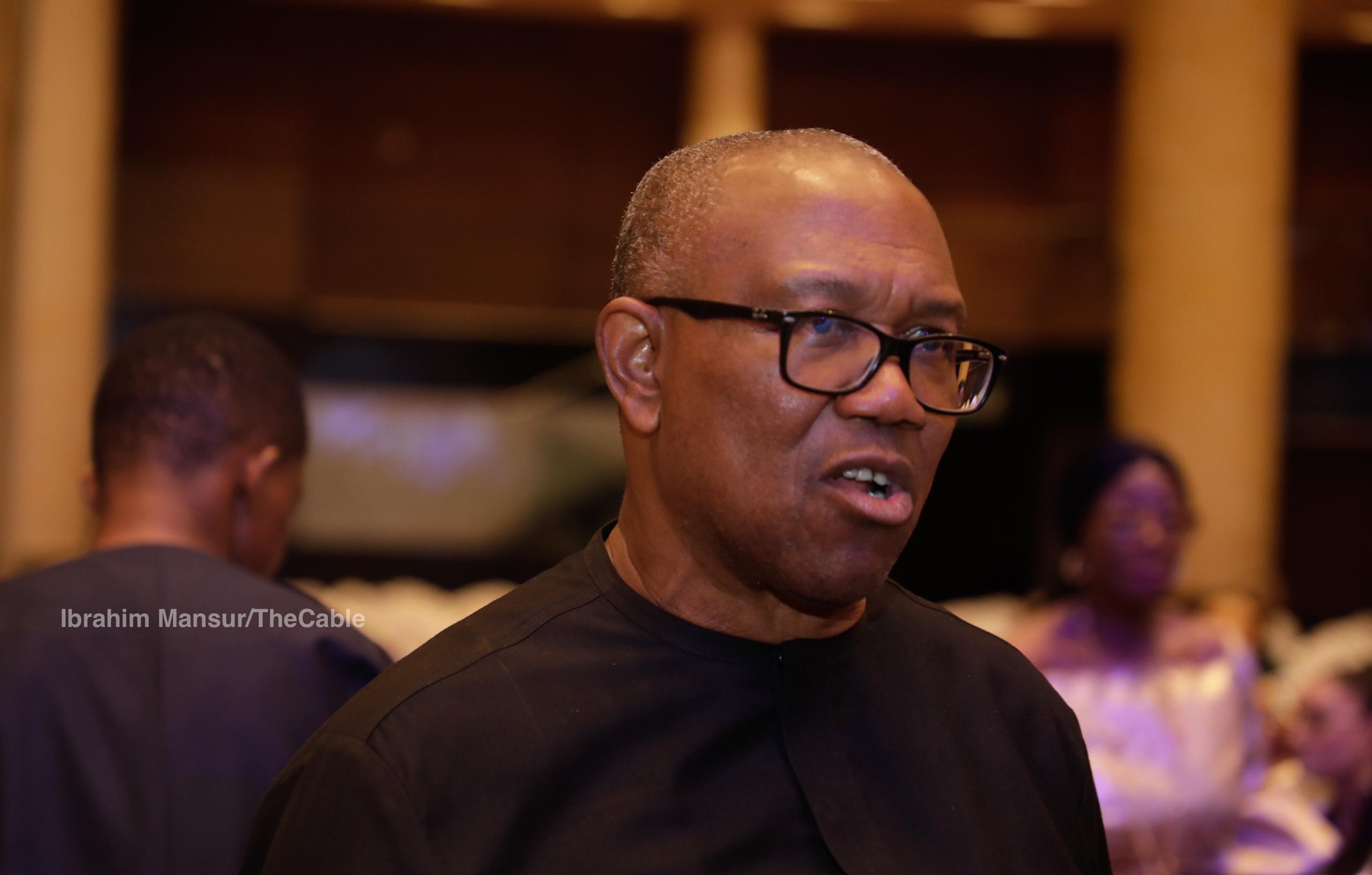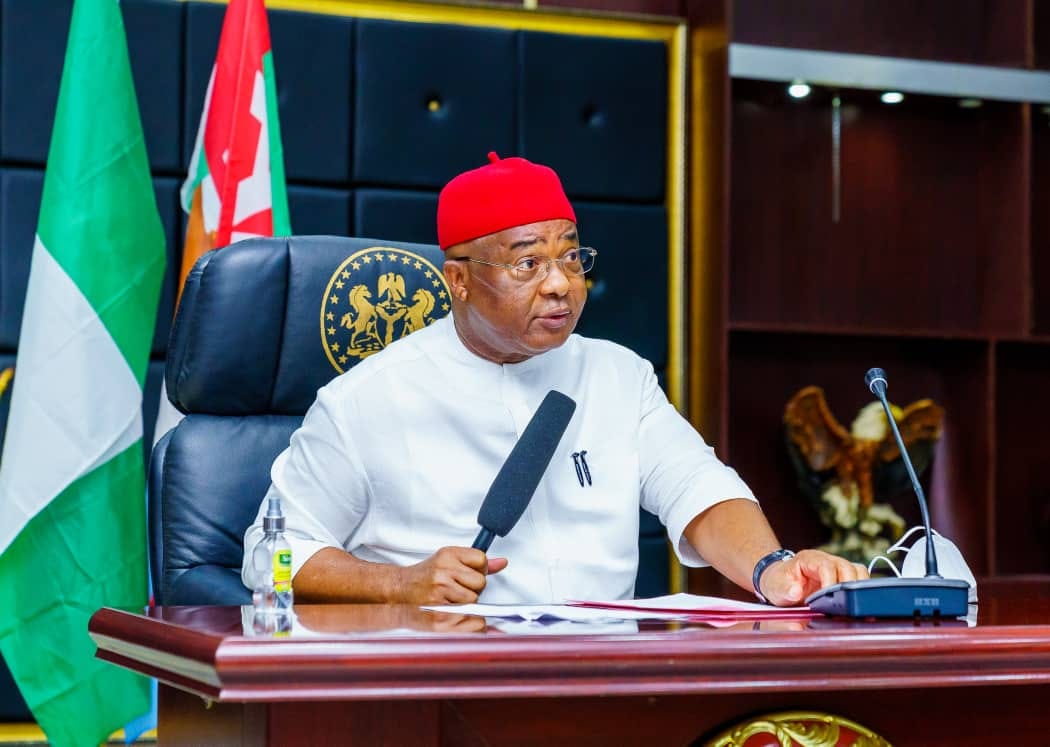inDrive Under Fire: Company Responds to 'Ridiculously Low Fares' Accusations

The ride-hailing company inDrive has found itself at the center of a dispute concerning its fare pricing model, particularly facing accusations of offering unduly low fares to riders. However, the company has staunchly rejected these claims, asserting that its unique bargaining system actually serves as a vital support for drivers, especially during economically challenging periods such as the "dry month of January." Timothy Oladimeji, inDrive’s Country Representative, addressed these concerns directly in response to queries, clarifying the platform's operational philosophy.
The core of the accusation comes from Lagos e-hailing drivers, organized under the Amalgamated Union of App-based Transporters of Nigeria (AUATON). This union alleges that inDrive's bidding system unfairly empowers riders to propose fares that are "unhealthy, exploitative and unfair" to the drivers. In light of these grievances, the drivers have called for the implementation of a clear minimum benchmark to guide the pricing system, aiming to prevent what they perceive as arbitrary fare reductions that undermine their earnings.
In response to these demands, Oladimeji confirmed that the inDrive platform indeed incorporates a fair minimum benchmark designed to protect drivers' interests. He elaborated on the bargaining system, explaining that it is structured with "guard rails" that regulate both the lowest price a passenger can bid and the highest price a driver can request. This mechanism, according to Oladimeji, fosters a balanced marketplace, effectively discouraging exploitation and enabling drivers to navigate periods of reduced economic activity successfully. He highlighted that internal social listening and research conducted with drivers indicate that inDrive has consistently provided this crucial balance for both riders and passengers, aiding their financial stability during tough months.
The protest by AUATON drivers extends beyond just inDrive, targeting other major taxi-hailing applications as well. The union accuses these companies of deliberately imposing low fares as a strategy to gain market share and competitive advantage, a practice they deem "unhealthy, unethical, and exploitative." Steven Iwindoye, PRO of the Lagos chapter of AUATON, issued a statement condemning these pricing strategies, emphasizing their severe negative impact on drivers' collective well-being. The union firmly asserts that app companies, who do not own, manage, or fuel the vehicles, have no right to unilaterally reduce fares to unreasonable levels without prior consultation with the drivers.
Drivers articulated the significant economic pressures they face, including rising fuel prices, spare parts costs, vehicle maintenance, rent, food, weekly remittances to partners, and school fees. They argue that these realities necessitate an upward review of fares, yet app companies like inDrive, Rida, and Uber, have allegedly remained insensitive, drastically undervaluing their services. The union cited an example where a trip that should justifiably cost ₦5,000 is reduced to ₦2,000 at the rider's discretion, labeling such instances as an "insult to our profession." They reiterated the urgent need for a fair minimum fare benchmark within which negotiations can occur, rather than the current system leading to "exploitative levels."
From inDrive's perspective, the challenge lies in achieving an optimal marketplace balance between drivers and riders, a task made more complex by seasonal fluctuations in demand. The company specifically pointed to the "December demand boom" followed by a sudden decline in January. inDrive's Nigeria lead explained that their bargaining model is designed to allow demand and supply to interact organically, free from algorithmic interference. This natural interaction, they believe, accurately reflects market conditions. In December, when demand significantly outpaced supply, passengers were observed paying above-average fares due to driver negotiations. As economic activity normalizes, the balance improves, and inDrive assures that an uptick in demand is already being observed compared to January. This increase is optimistically attributed to upcoming events such as Valentine’s Day and other key dates, which are expected to further drive demand and, consequently, prices.
You may also like...
Why Your First Failure Might Be the Best Thing That Ever Happened to Your Business

Failure isn’t the end of entrepreneurship, it’s the education success never gives. Here’s why your first business collap...
Consumerism vs Culture: Is Africa Trading Values for Trendy Lifestyles?

Is Africa trading its cultural values for trendy lifestyles? Explore how consumerism, foreign brands, and social media p...
The War on Boys: Are African Male Being Left Behind in Gender Conversations

Why are African boys and men often left out of gender empowerment programs? Explore how emotional suppression, lack of m...
Pay Slip, Motivation Slips: The Silent Crisis Among the Working Class

Across Nigeria, millions of workers are trapped in jobs that pay just enough to survive but too little to live. Beneath ...
Premier League's Unsung Heroes: Bournemouth, Sunderland, and Tottenham Shockingly Exceed Expectations

This Premier League season sees teams like Bournemouth, Sunderland, and Tottenham exceeding expectations. Under Thomas F...
El Clasico Fury: Yamal Controversy and Refereeing Blunders Ignite Post-Match Debates
)
Real Madrid secured a 2-1 El Clasico victory over Barcelona amidst significant controversy surrounding a late penalty de...
Kate Hudson & Hugh Jackman Eyeing Oscars with ‘Song Sung Blue’ Breakthrough

"Song Sung Blue" tells the true story of Mike and Claire Sarina, who find love and acclaim as a Neil Diamond tribute ban...
Pennywise Unleashes Horror: 'It: Welcome to Derry' Premiere Shocks Viewers

HBO Max's "IT: Welcome to Derry" plunges audiences into 1962 Derry, Maine, exploring the origins of Pennywise with a bru...




